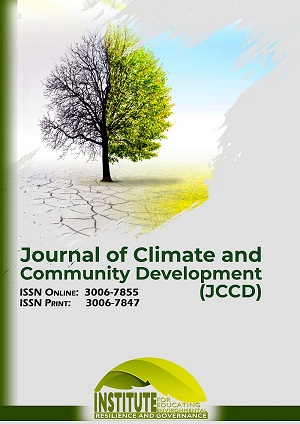COMPARATIVE ANALYSIS OF DEMOCRATIC CONSOLIDATION: A CASE STUDY OF PAKISTAN AND INDIA
Abstract
Despite the similar colonial and social backgrounds, India succeeded in establishing and consolidating democracy as compared to Pakistan. This article discusses two major questions i.e. which factors lead to the divergent democratic trajectory of both states and how the consolidation process of India is divergent from that of Pakistan. The objective of this study is to analyze these factors and present a comprehensive overview of the divergent democratic trajectories of Pakistan and India. The study has been done on the qualitative and comparative methods of research such as the historical methods, hermeneutic method, narrative analysis and meta-analysis. The primary and secondary sources were used for data collection. A comparative analysis of post-independence situation of both the states resulted in a list of certain factors contributing to this differing democratic path such as, the role of political leadership, political parties, inherited colonial institutions, military influence, role of political institutions and establishment.
Downloads
Downloads
Published
Issue
Section
License

This work is licensed under a Creative Commons Attribution-NonCommercial-NoDerivatives 4.0 International License.








